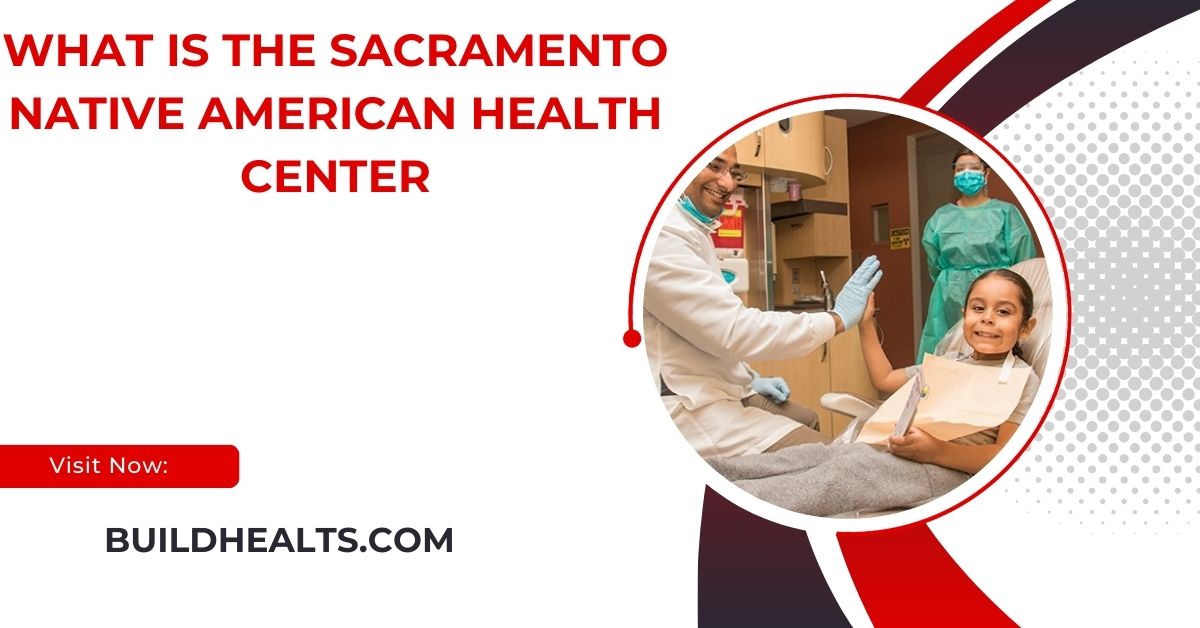A Master of Public Health (MPH) equips graduates for careers in public health, focusing on epidemiology, biostatistics, health policy, and health promotion.
This article explores what you can do with an MPH, the skills you gain, and various career options available in this field.
What Is a Master of Public Health?

A Master of Public Health (MPH) is a graduate-level degree focused on public health practices. It equips students with the skills to improve health outcomes, prevent diseases, and promote community health. MPH programs typically cover essential topics such as epidemiology, biostatistics, health policy, and environmental health, preparing graduates for diverse careers in public health..
Key Areas of Study:
Epidemiology: This area studies how diseases spread and affect populations. Students learn to identify risk factors and develop strategies to control outbreaks. This knowledge is crucial for responding to public health emergencies and understanding the dynamics of infectious diseases.
- Biostatistics: Biostatistics involves using statistics to analyze health data. This skill helps in making informed decisions based on research findings. Students learn to interpret data sets, conduct statistical analyses, and apply these findings to public health initiatives.
- Health Policy: Health policy focuses on how laws and regulations impact public health. Students learn to advocate for effective health policies that improve community health. Understanding policy-making processes equips graduates to influence health legislation and funding.
- Environmental Health: This field studies how the environment affects human health. Topics include pollution, climate change, and access to clean water. Students learn to assess environmental hazards and develop strategies to mitigate their impact on health.
- Health Promotion and Education: This area emphasizes the importance of educating communities about health issues. Students learn how to design, implement, and evaluate health promotion programs that encourage healthy behaviors.
- Global Health: Global health focuses on health issues that transcend national borders. Students explore topics like disease prevention, health care access, and health systems in various countries, preparing them for careers in international health organizations.
Skills Gained in an MPH Program:
Completing a Master of Public Health (MPH) equips you with various essential skills for the public health field.
Data Analysis Skills:
In an MPH program, you learn to collect and analyze health data, allowing you to understand health trends and make evidence-based decisions. Emphasis is placed on proficiency in software tools like SPSS or R, which enables effective management and interpretation of complex datasets.
Also read: How To Get Into The Health Insurance Buisness – A Complete Guide!
Communication Skills:
Public health professionals must communicate effectively with diverse audiences. You will develop the ability to create clear reports and present findings understandably. This training includes writing research papers, preparing presentations, and delivering health education programs tailored to specific populations, ensuring your message reaches the intended audience.
Problem-Solving Skills:

Public health challenges often require creative solutions. An MPH program teaches you how to identify problems and develop practical strategies to address them. Through case studies and real-world scenarios, you will enhance your critical thinking abilities, fostering innovative solutions for complex public health issues.
Leadership Skills:
Many MPH programs incorporate leadership and management training, preparing you to lead public health initiatives and collaborate with diverse teams. You will learn project management, team collaboration, and conflict resolution skills, equipping you to take on leadership roles in various healthcare settings effectively.
Research Skills:
Conducting research is a crucial aspect of public health. In an MPH program, students learn to design studies, collect data, and analyze results. This training prepares graduates for roles in academic research, policy analysis, and program evaluation, ensuring they can contribute to evidence-based public health practices.
Also read: Can I Health Care Provider Be A Psychaist – A Complete Guide!
Career Options with a Master of Public Health:
An MPH opens doors to various career paths in public health. Here are some popular options:
Public Health Educator:
Public health educators develop programs to teach communities about health topics like nutrition, exercise, and disease prevention. They collaborate with schools, community organizations, and government agencies to implement health initiatives, raising awareness and promoting healthy behaviors to improve community health outcomes.
Epidemiologist:

Epidemiologists investigate how diseases spread and formulate strategies to control outbreaks. They analyze data to identify patterns, recommend interventions, and provide essential information during public health crises like pandemics. Their work is vital for protecting public health and informing effective responses to disease threats.
Health Policy Analyst:
Health policy analysts assess the impact of health policies on communities. They collaborate with governments and organizations to develop policies that promote well-being. Analysts conduct research to inform decisions, evaluate policy effectiveness, and advocate for necessary changes to improve public health and access to care.
Environmental Health Specialist:
Environmental health specialists examine how environmental factors affect human health. They monitor pollution, assess health risks, and recommend strategies to improve environmental conditions. Working in government, non-profits, or private sectors, they play a crucial role in safeguarding public health and promoting healthier environments.
Global Health Professional:
Global health professionals address health challenges affecting populations worldwide. They focus on disease prevention, health education, and humanitarian efforts, often working with organizations like the World Health Organization (WHO) or NGOs. Their work is essential for improving health outcomes in low-income countries and promoting global health equity.
Also read: What Are Some Of Your Debilitating Mental Health Symptoms Reddit – A Complete Guide!
Biostatistician :
Biostatisticians use statistical methods to analyze health data, assisting researchers in designing studies and interpreting results. Their work contributes to public health research by ensuring data validity and reliability. Biostatisticians are crucial in identifying health trends and guiding evidence-based public health decisions.
Health Services Manager:

Health services managers oversee healthcare facilities and programs, ensuring efficient operations and high-quality patient care. They handle budgeting, staffing, and compliance with regulations while focusing on improving service delivery. Strong leadership and organizational skills are essential for success in this dynamic role.
Community Health Worker:
Community health workers connect individuals to healthcare resources and educate them about health issues. They play a key role in promoting health in underserved communities by building trust and rapport. Their efforts bridge gaps in healthcare access, ultimately improving health outcomes and enhancing community well-being.
Public Health Consultant:
Public health consultants assess health needs and develop effective strategies for organizations. They provide expertise in program evaluation, policy development, and community outreach. Collaborating with diverse stakeholders, including government agencies and nonprofits, they help implement initiatives that address critical public health challenges.
Also read: What Can You Do With A Masters In Public Health – A Comprehensive Guide!
The Importance of Public Health:
Public health is vital for improving health at the community level, focusing on collective well-being rather than individual health. A Master of Public Health (MPH) equips professionals with the skills to address critical health issues, making it a valuable degree for those aiming to contribute positively to society.
Disease Prevention:

Public health professionals prioritize disease prevention through vaccination programs, health education, and promoting healthy lifestyles. By emphasizing prevention, these initiatives aim to reduce illness and save lives. Effective public health strategies can also lead to significant healthcare cost savings by minimizing the need for medical treatment and interventions.
Health Equity:
Public health seeks to eliminate health disparities across different populations. Professionals advocate for equitable access to health resources, addressing social determinants such as income, education, and healthcare access. Ensuring everyone has the tools for good health is essential for fostering a healthier society and achieving overall health equity.
Emergency Preparedness:
Public health is essential in preparing for health emergencies like disease outbreaks or natural disasters. Professionals develop effective response plans, coordinate resources, and conduct drills to ensure communities are ready for crises. Educating the public about emergency procedures also plays a critical role in minimizing the impact of health emergencies.
Also read: Are Bongs Bad For Your Health Reddit – Health Risks and Reddit Opinions!
Research and Innovation:
Public health research is crucial for developing new strategies and technologies to enhance health outcomes. By analyzing health trends and outcomes, professionals identify effective interventions and innovative solutions. Ongoing research ensures that public health practices adapt to emerging challenges, supporting the continuous improvement of community health and well-being.
FAQ’s
1. What can you do with a Master of Public Health (MPH)?
An MPH allows graduates to pursue careers in public health education, epidemiology, health policy analysis, environmental health, and global health, among others.
2. What are the key areas of study in an MPH program?
Key areas include epidemiology, biostatistics, health policy, environmental health, health promotion, and global health, all focusing on improving health outcomes.
3. What skills do you gain from an MPH program?
Graduates develop skills in data analysis, communication, problem-solving, leadership, and research, essential for addressing public health challenges.
4. Why is public health important?
Public health focuses on disease prevention, health equity, emergency preparedness, and research, aiming to improve health outcomes for entire communities rather than individuals.
5. What roles can a public health educator perform?
Public health educators create and implement programs to teach communities about health issues, collaborating with organizations to promote healthy behaviors and raise awareness.
Conclusion
In conclusion, a Master of Public Health (MPH) empowers graduates with essential skills and knowledge to address complex health challenges. With diverse career opportunities in public health education, epidemiology, and policy analysis, MPH professionals play a crucial role in enhancing community health outcomes. Their expertise in disease prevention and health equity is vital for creating healthier societies.




